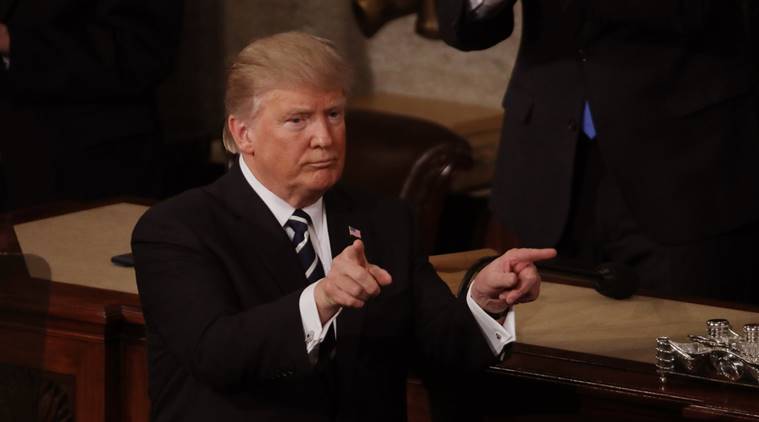In his recent national address, President Trump rolled out a new conceptual approach to immigration which may impact any changes to the H1 visa program. In his speech, Trump commented on “other nations around the world, like Canada, Australia and many others have a merit-based immigration system. It is a basic principle that those seeking to enter a country ought to be able to support themselves financially.”
These were his first public comments that could be construed as affecting the H1B visa program, as it is the premier non-immigrant work visa sought but foreign nationals in professional roles.
What Does Merit-Based Mean?
While few specifics were offered, Trump alluded to structuring immigration and work permissions toward high-skilled rather unskilled labor. In other words, the intention is to rearrange the focus from cheap foreign labor, and to reward skilled professional foreign workers with the education and background to qualify for specialty occupations.
This seems to be an affirmation of the H1B visa program, since most foreign workers who land sponsored positions will earn a salary from $60,000 to $130,000 in the IT sector. This is usually enough to support a single person or couple in the US at a reasonable standard of living.
The real target of immigration reform appears to be undocumented aliens performing low skilled work for less pay than a US citizen would demand. However, this does not mean that the H1B visa program will be unchanged, and some of the proposed bills in Congress will move forward with this new framework for evaluation and eventual reform.
Reactions to the Policy are Mixed
While this speech is a positive note for the H1B visa program, there were mixed reactions to the notion of “merit-based” policies and what that might mean for the most dominant players in the H1B visa area. It is well known by the Trump administration that 70% of H1B visas go to Indian IT workers, hired by outsourcing companies at the lowest rates of pay.
There is a growing awareness in the administration and Congress that this practice allows the workers to gain valuable experience which then can be imported back to India to support the IT business there. This is viewed as one way that US jobs are lost, as the US companies are essentially giving on the job training to Indian IT contract workers, who have no commitment or loyalty to the US employer.
Another concern is that a merit-based approach could impact an H1B visa worker’s family, such as the ability of a spouse to work in the US at the same time. If a key component of the new policy involves financial support, H1B visa sponsors may need to offer higher salaries to meet any new criteria that could include support of dependents.
The content of the proposed bills in Congress to reform the H1B visa program all dovetail nicely with a merit-based approach, including raising the H1B visa minimum wage, limiting participation of outsourcing companies in the program and favoring direct hires to US based IT firms. It seems that the Trump administration is laying the groundwork for justifications to limit overuse of the program by foreign firms, and recognizing the need for skilled foreign workers who have a real interest in a lasting professional career in the US and want to work for US based companies.
- May 10th, 2017
- 2

hi I am harun or rashid from bangladesh now I can go usa. can you help I need work visa
I think it’s good now look into the fraudulent marriage’s .. St. Lucina men also . need to be looked at the one’s that’s red flagged. Please & Thank you.